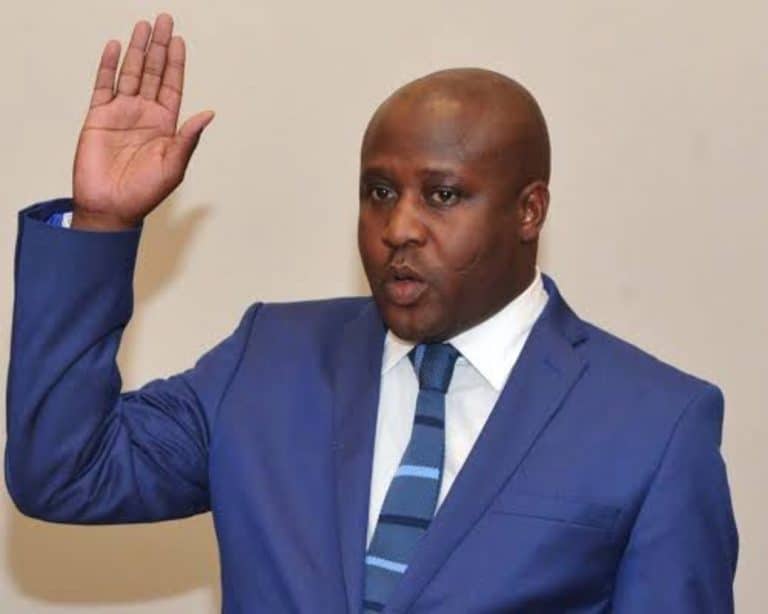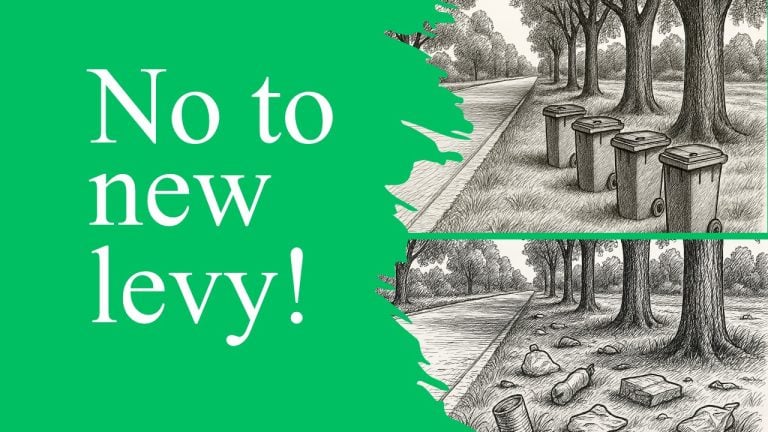AfriForum approaches Supreme Court of Appeal over Mogale City’s ridiculous power tariffs
AfriForum has instructed its legal team to approach the Supreme Court of Appeal regarding the excessive increase in electricity tariffs that the Mogale City Local Municipality introduced in the middle of last year. This follows the Gauteng High Court in Pretoria dismissing AfriForum’s application for leave to appeal last week. In the first court ruling in February, the court ruled in the municipality’s favour, arguing that the National Energy Regulator of South Africa (NERSA) be added as a party to the case. AfriForum brought an application for leave to appeal against this ruling but the court once again refused to concede.
“AfriForum is of the opinion that NERSA does not have a direct interest in the case and that NERSA’s interests would not be prejudiced if the court were to rule in AfriForum’s favour,” says Deidré Steffens, AfriForum’s Advisor for Local Government Affairs.
The case arises from the municipality’s decision to implement rising block tariffs without giving the public the opportunity to challenge this tariff structure through the annual Integrated Development Plan (IDP) public hearings. The municipality has applied a fixed tariff structure in the past, but during last year’s public hearings it merely announced a 12,7% increase and never mentioned the introduction of the rising block tariff structure. With this structure, the tariffs at certain usage levels rose to almost 30%.
“The implementation of this tariff structure has put enormous pressure on residents and local businesses. It is unacceptable that consumers are being unfairly taxed with tariffs that do not even comply with legal guidelines. AfriForum is therefore approaching the Supreme Court of Appeal because it cannot be allowed under any circumstances for municipalities to make misrepresentations during public hearings and then implement something completely different behind closed doors in council meetings,” says Steffens.
Mogale City argues that NERSA approved its tariffs and the new tariff structure, therefore they could proceed to implement different tariffs than those presented to the public. “This argument almost makes it worse – it means that the municipality applied for a new tariff structure, already had the figures for it together but chose to lie to the community and present something different,” concludes Steffens.











